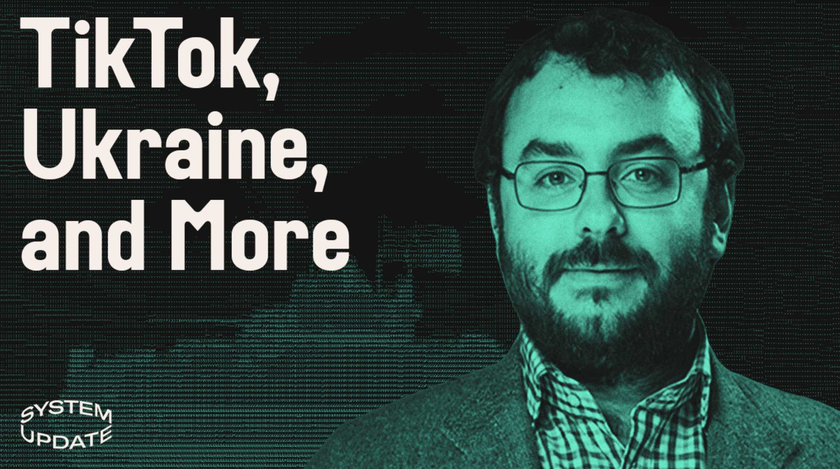Note From Glenn Greenwald: The following is the full show transcript, for subscribers only, of a recent episode of our System Update program, broadcast live on Rumble on Wednesday, January 18, 2023. Going forward, every new transcript will be sent out by email and posted to our Locals page, where you'll find the transcripts for previous shows.
Watch System Update Episode #24 Here on Rumble.
In this episode, we offer a quick update on the ongoing censorship crisis in Brazil. I recently participated in a live debate hosted by Brazil's largest newspaper, Folha de São Paulo, to discuss the reporting we did on an extremely alarming and radical censorship order we revealed that Friday night -- that the court had demanded to be kept secret, but we were able to get a hold of, and after ample consultation with our Brazilian lawyers, decided to reveal and denounce. And I want to offer some observations about that debate that I just had and what it reflects about how governments not only abuse their power but how they are so effective in inducing populations to support them in seizing this radical power and then abusing it.
Then we speak with independent journalist Michael Tracey, who, I think, always has interesting and thoughtful things to say, even when you want to kill him and don't agree with him. We'll discuss a wide range of topics, including how Auburn University banned the social media platform TikTok, how numerous Republican senators, such as Marco Rubio, are now attempting to implement legislation to ban that platform in the United States; the latest about how the U.S. continues to escalate its role in the increasingly dangerous war in Ukraine -- while you're not looking, they are escalating, spending huge amounts, more money, sending more sophisticated weaponry and at least some attention is merited. We’ll also spend time analyzing a new and very creepy panel discussion at the World Economic Forum, in which an EU official haughtily warned Americans to expect that what she considers hate speech will soon be criminalized here in the United States, notwithstanding the little problem of our First Amendment.
And we'll also talk to Michael about a fascinating conflict between Scotland and England over a law which he reported on, a couple of weeks ago, on our show, that was just implemented over the opposition of the vast majority of the Scottish population to allow trans people to be legally treated as a different gender, based on nothing more than their self-declaration. It's causing a genuine crisis of power within the United Kingdom over whether or not Scotland has the right to implement this law.
Monologue:
So, to remind you of the context for the debate in which I've been involved and the reporting I've been doing about what is absolutely characterized fairly only as a radical censorship regime, in Brazil -- and the reasons that I think even if you don't live in Brazil, you not only ought to care about it, but it will soon affect your life if it hasn't already -- just to provide the context for you, last Friday night on our program, shortly before we went on air, we obtained a copy of what was a genuinely creepy and chilling censorship order. It was issued by a single judge on the Brazilian Supreme Court.
His name is Alexandre de Moraes. He has become so authoritarian in his use of censorship powers that even The New York Times -- by which I mean that The New York Times is a clearly progressive newspaper that is very vehemently opposed to Donald Trump and Jair Bolsonaro and generally supportive of censorship regimes in general, including the one that has emerged in the United States -- even the New York Times, interestingly, right before the Brazilian election, on October 2nd, published two separate articles -- one in September and another in October, written by the Brazil bureau chief to his credit -- that raised very serious concerns and gave voice to very emphatic warnings about the authoritarian nature of the censorship regime that is being constructed right before your eyes here in Brazil.
And the order that we obtained was remarkable.






















